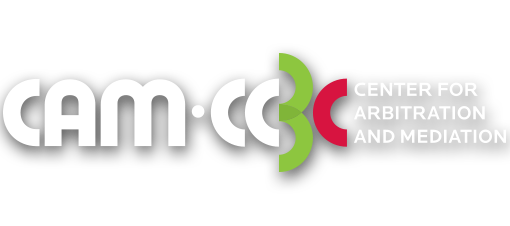Learn the most common mistakes that can make an international sale unfeasible
By Estela Cangerana
The choice of partner promised to be ideal. The buyer has shown interest. There was demand and capacity to meet it if the final price was right. But the deal was not closed by miscommunication. Situations like this are more common than you might think, as it is the solution. Knowing the business culture of the desired market and the expected behavior of the parties can be a key factor in the success of a project.
Canadians and Brazilians have a lot in common, are receptive and used to multiculturalism. But in the first contact, you can see many differences. From the approach, it is easy for a Brazilian to interpret as lack of interest what is actually Canadian objectivity, a characteristic very present in the reserved behavior typical in the country. Similarly, Brazilian effusiveness can be annoying and seem forced intimacy to Canadians.
Trust is the basis for doing any business, but you need to be aware that this concept can be very different between the parties, as well as the triggers for awakening it. The alert comes from the internationalization expert and founder of Lucalex consultancy, the Brazilian-Canadian Marcelo Andrade. “The way you build trust in Brazil is radically different from the way in we do in Canada,” he warns.
According to him, talking about what you are and your many achievements in life, the prestigious clients you serve and how great your company is will not cause the expected result, much less guarantee a business deal. “Reputation sells in Brazil, but not in Canada. In Canada, what matters to closing a deal is your product fit to the buyer’s request,” he teaches. This means showing exactly why your product suits what they need.
This is a vital point for conversations to evolve, confirms fellow expert and consultant Marcelo Correa de Oliveira, a Brazilian with extensive experience in Canada and president of Marcelo Correa Consulting. “Canada is a very open market, trades with lots of countries and used to having a lot of options. The competition is high. That’s why it’s very important to be well prepared for the conversation, with all the information, and to be able to accurately show your product’s differentials and perfect fit,” he explains.
“Communication is fundamental, knowing what the other needs is fundamental. Involvement should be mutual, but the responsibility of the seller is greatest. The buyer can have ten similar offers,” says the expert.
Check out some of the main tips from experts Correa and Andrade, ranging from the first contact to the closing of the sale:
1. Icebreaking is valid and polite at the beginning of the conversation, but avoid overly prolonging amenities and never ask personal questions which might seem a privacy invasion to the other person. Canadians are quite objective.
2. Don’t brag or try to pitch your past success as a selling point. In Canada everyone has a reputation, so this will not be seen as competitive advantage.
3. Prepare to make a good impression: worry about having a good presentation of your product, provide complete information, enjoy simple, clear and straightforward conversation, and be prepared to answer questions.
4. Never lie. If you do not know a piece of information, be honest and be ready to seek the answer. If so, do what you promised.
5. Know who you are talking to and know your interlocutor’s company, as well as their specific demand. Be prepared to show how your product fits their need.
6. Know your competitors and know how to differentiate your offer from theirs. Remember that you are competing with the rest of the world.
7. Don’t let that language get in the way. You need to be prepared to speak and provide information in English. You need to understand your interlocutor and make yourself understood.
8. Follow up after the meeting: send a message thanking for the meeting and keep the communication channel open even if there is no prospect of transaction progress in the short term.
9. Show your interest and ask the other party if they are, too. Canadians often make it clear whether they are interested or not. If there you set a future date to talk again, contact the other party on the right date.
10. Write down the next steps and do what you promised.
11. Strictly respect the established deadlines. Do not commit to what you cannot accomplish. Don’t be evasive.
12. Be prepared to pilot test, send samples, make adaptations.
13. The ability to solve problems is extremely important. Be prepared for them.





